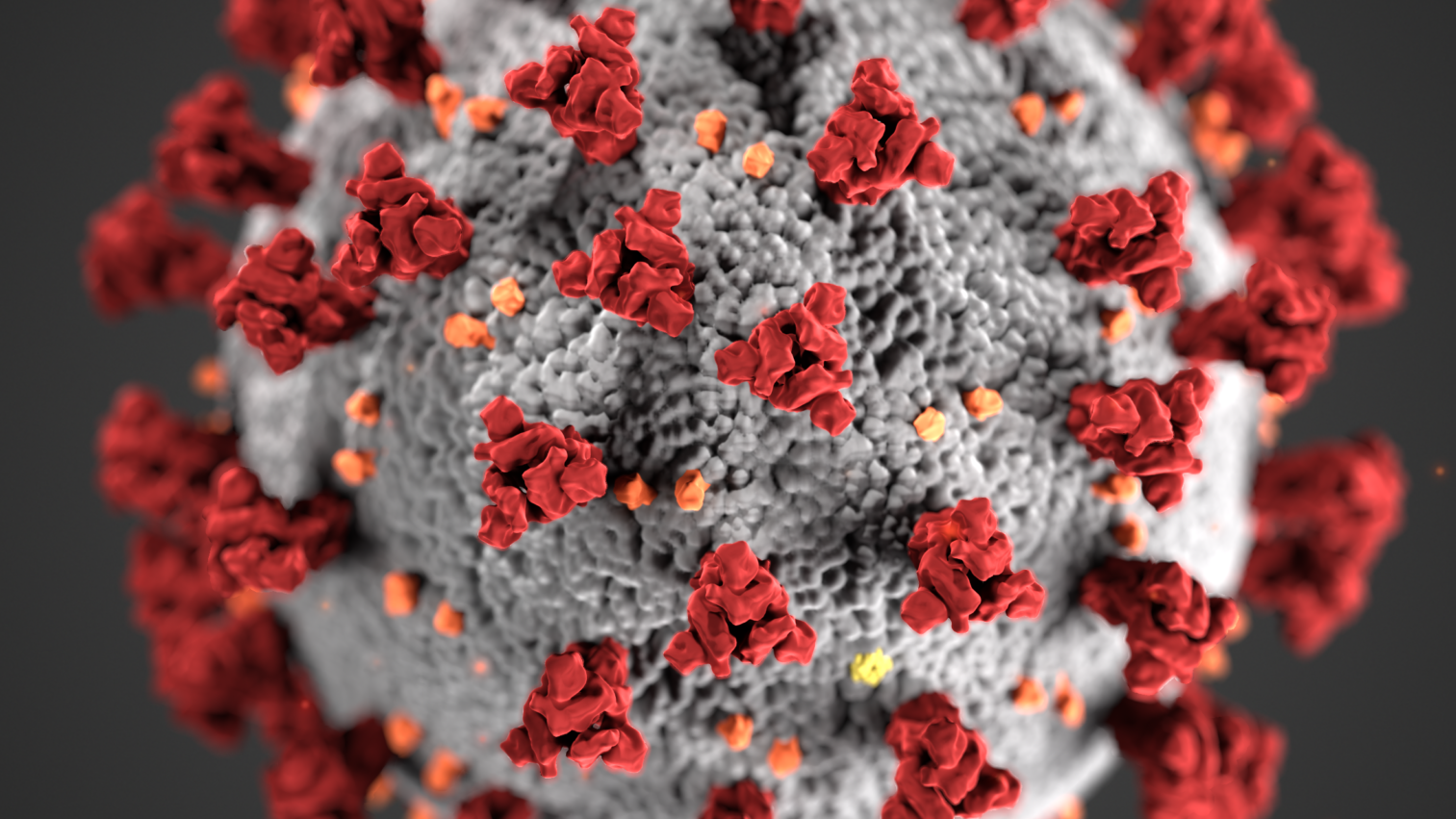The first major foothold for the use of artificial intelligence software in the legal profession was in the area of e-discovery, where tools variously referred to as technology-assisted review or predictive coding helped lawyers find relevant documents within huge data collections more quickly and at lower cost.
Now, this same software is being deployed to medical researchers to help them sift through collections of thousands of clinical studies to find those that are most relevant to the battle against COVID-19.
In one case, e-discovery pioneers Maura R. Grossman and Gordon V. Cormack are using the Continuous Active Learning TAR protocol they developed to automate literature searches related to COVID-19.
In another, data scientists and product managers from the e-discovery company Relativity are contributing to an initiative by the White House Office of Science and Technology Policy to develop text- and data-mining techniques to help scientists search data for answers to high-priority questions about COVID-19.
This new use of e-discovery technology to streamline medical research is the subject of my column this week at Above the Law: How E-Discovery Software Is Helping Battle COVID-19.
 Robert Ambrogi Blog
Robert Ambrogi Blog